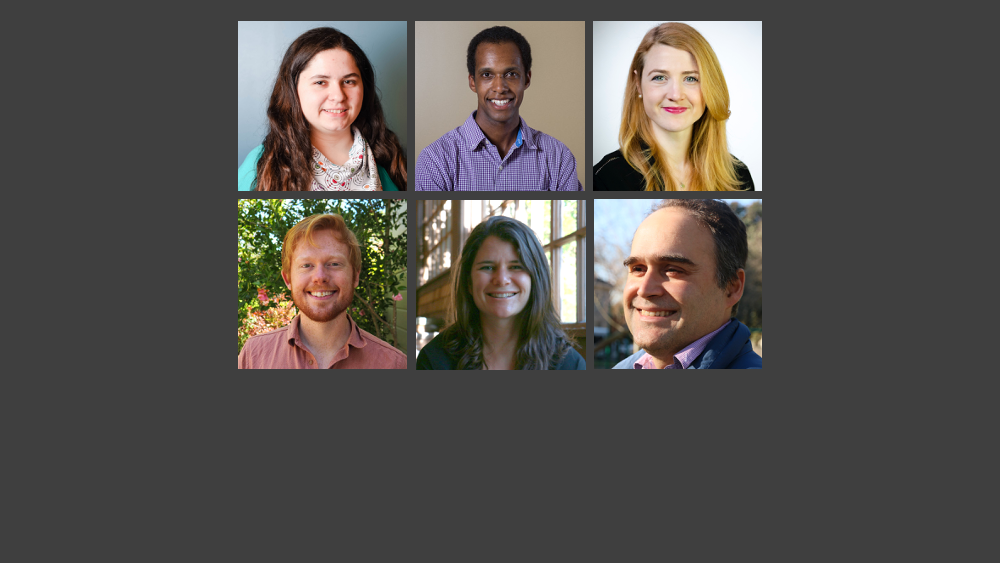
2019-20 Taylor/Blakeslee Fellows combine passions for science, narrative and a better world
Six talented journalists with experience in research, writing and policy have been awarded prestigious Taylor/Blakeslee University Fellowships for 2019-20 from the Council for the Advancement of Science Writing to support graduate training in science writing.
Four Fellows will each receive a $5,000 academic year award. Two more will receive one-semester awards of $2,500, bringing to 167 the number of science writers aided by CASW’s graduate fellowships since 1981.
Chosen for full fellowships from the field of 27 outstanding applicants were:
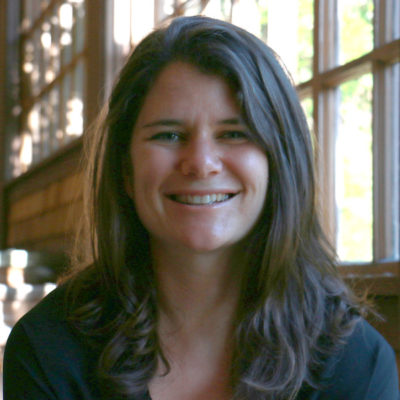
Alexandra Matthews. After completing an undergraduate degree in sociology at the University of California, Berkeley, and serving with the Peace Corps in Morocco, Matthews began reporting on politics for California’s Capitol Weekly. Drawn to stories about science and health, she took on communications work for the Public Library of Science and data collection for a health study. She decided to return to Berkeley for a special dual degree program that combines public health and journalism, she said, because “I want my reporting to transcend the artificial boundaries between ‘hard’ and ‘social’ sciences.”
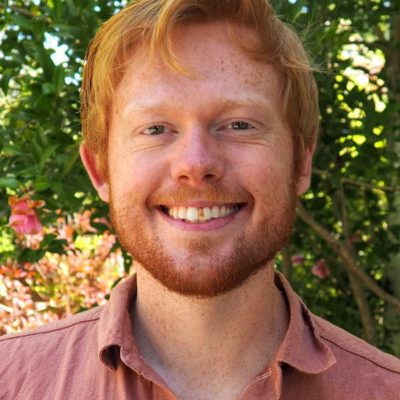
Jerimiah Oetting is entering the master’s program in science communication at the University of California, Santa Cruz, after six years of working for the U.S. Forest Service and National Park Service on a range of conservation-based research projects. He focused on ecology in his undergraduate studies at the University of Minnesota while pursuing his interest in reporting and writing at student newspapers. As a science journalist, Oetting hopes “to move the public discussion away from its current overriding binary of pro-science/anti-science” and to “positively contribute toward a science-literate and informed world.”
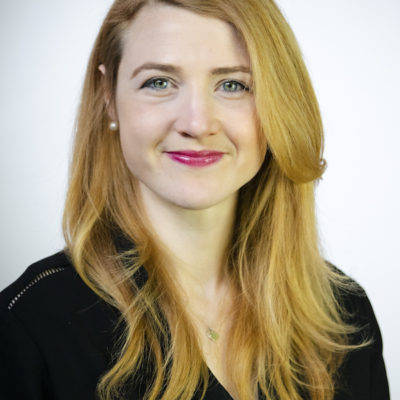
Brett Simpson. When her father succumbed to a preventable infection in 2018, Simpson found herself powerfully motivated to pursue health and environmental journalism. Effective science journalism, she says, provides the explanations that help us understand our world and feel more responsibility for it. She will enter the narrative journalism master’s program at UC Berkeley and report local science news as part of a small instructor-led cohort focusing on the intersections of public health and the environment. Simpson holds a bachelor’s degree in English from Princeton. She has written for several California publications and produced multimedia and is a two-time winner of the Ferris Prize for Exceptional Journalism.
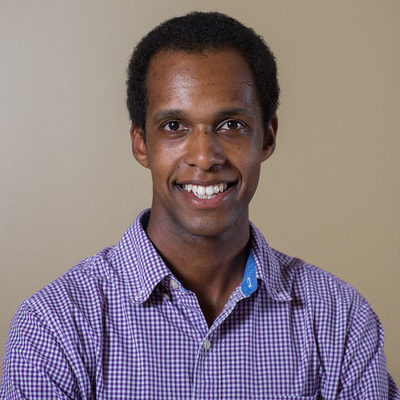
As Jonathan Wosen was completing the research for his PhD in immunology at Stanford, he was struck by a realization that he didn’t want to spend the rest of his life at the bench. A two-week mini-course on science communication strengthened an inner voice urging him to consider science journalism as a career. During a AAAS Mass Media Science and Engineering Fellowship at the Boston-based biomedical news site STAT, he realized that science and journalism shared the search for truth as a core value. Wosen will join the master’s program in science communication at UC Santa Cruz after collecting his doctorate this June. “I always figured I’d have to choose science or journalism,” he says. “I’m glad I was dead wrong.”
Receiving half-fellowships for the final semester of their master’s programs are:
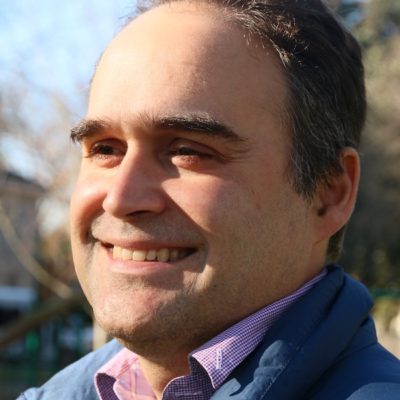
Marcus Banks. Trained in library and information science, Banks reported on technology, libraries and publishing issues between stints as a library manager and director. In 2018, he entered New York University’s Science, Health and Environmental Reporting Program (SHERP) and faced the reality that much science coverage is shallow and lacking in critical reflection or distance. “I want to be a science writer who tells the story of science clearly and fully,” he says, adding that science journalism “should always be grounded in real people.” Banks is a graduate of Northwestern and earned his library science master’s degree at Dominican University.
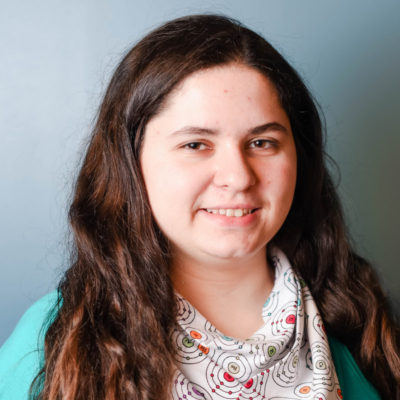
Dani Leviss. As an undergraduate chemistry major at Drew University, Leviss was editor-in-chief of the student newspaper and discovered a love of editing. Also enrolled in NYU SHERP, she is taking an audio storytelling workshop and hopes to build a career that combines science editing and podcasting. Her passions are to be a science and policymaking watchdog, to tell the stories of minority scientists, and to provide the public with “well-reported, engaging stories about the science in their lives.”
CASW’s graduate fellowships are underwritten by a grant from The Brinson Foundation, a Chicago-based philanthropic organization. They honor the late Rennie Taylor and Alton Blakeslee, science writer and science editor respectively for the Associated Press. More information may be found on this page.